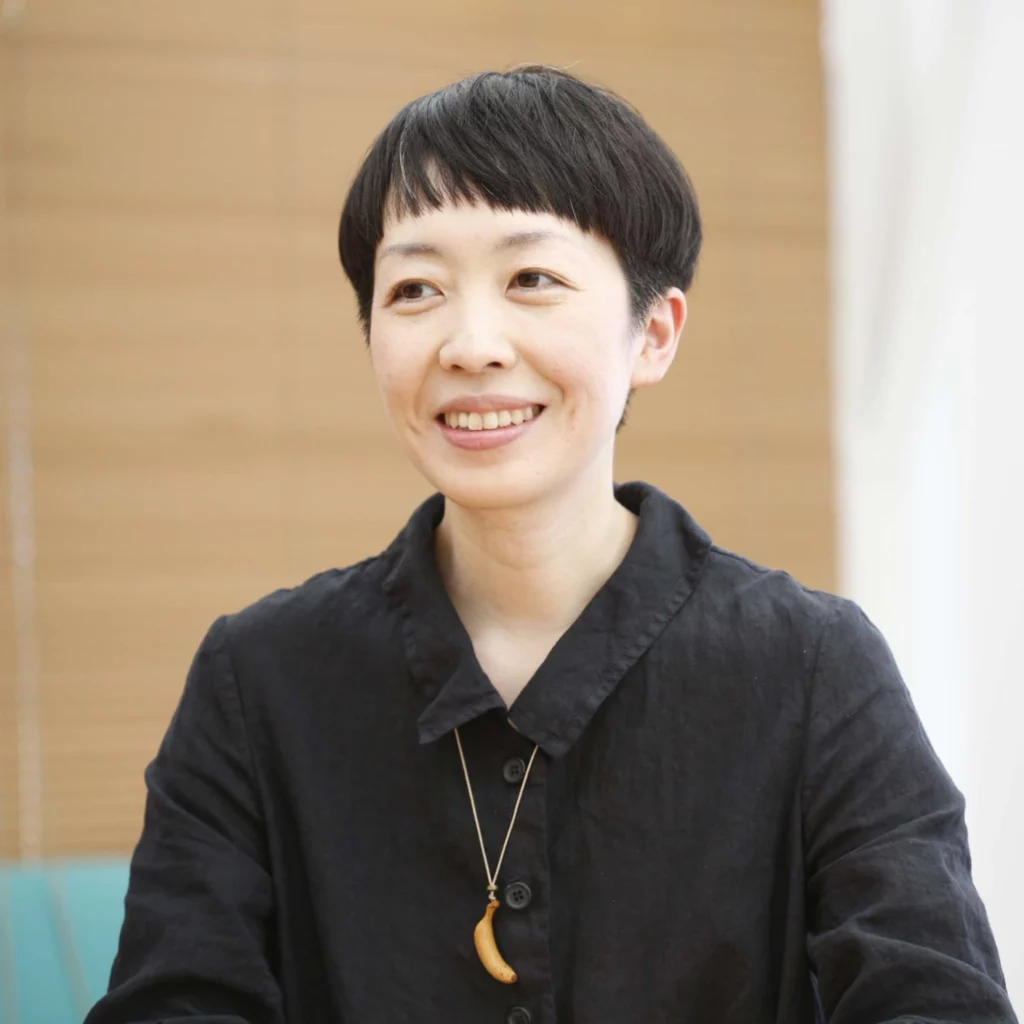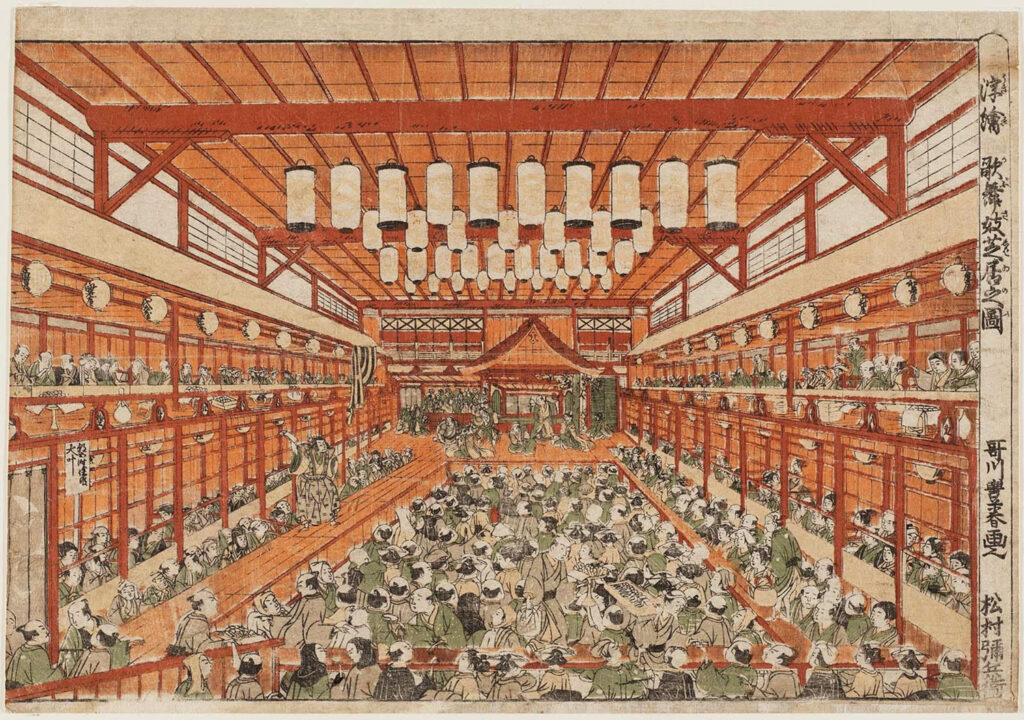Ogawa Ito, born in 1973 in Japan, is a contemporary author known for her novels filled with serenity and reflection. Her works immerse readers in worlds where cooking, emotions and nature play a central role. Through simple but profound stories, she explores universal themes such as love, loss, and healing.
1. Ogawa Ito’s literary career
Ogawa Ito did not immediately begin her career as a writer. Before embarking on writing, she worked in various sectors. In particular as a teacher and editor in a food company. This professional career made her aware of the themes that she would later develop in her books: food and the connection between man and nature.
In 2008, she published her first novel, The Restaurant of Love Regained (食堂かたつむり), which brought her international recognition. This novel explores healing through cooking, a recurring theme in her work.
2. Central Themes of Her Work
2.1 Food as a Source of Healing
One of the most recurring themes in Ogawa Ito’s works is the importance of food in daily life. In The Restaurant of Love Regained, Ogawa depicts cooking not only as an art, but also as a form of therapy. The main character, after losing his speech following a heartbreak, begins to cook for his customers. Each dish has an almost magical effect on them.
This connection between food and human emotions is central to her stories. For Ogawa Ito, cooking is an act of love and care. It allows individuals to reconnect with their roots, memories, and those around them.
2.2 Human relationships and the quest for self
Ogawa Ito’s characters are often at crossroads. They go through moments of doubt, loss, or loneliness. But her stories are never dark. On the contrary, they highlight how everyone can find hope through simple acts. Like sharing a meal or building sincere relationships.
In The Rainbow Garden (虹の谷の五月), published in 2013, two women who have experienced difficult times decide to renovate an old house and live together. Through this story, Ogawa Ito addresses topics such as chosen family, self-acceptance, and resilience.
2.3 Nature and Spirituality
Descriptions of nature are omnipresent in Ogawa Ito’s works. Landscapes, seasons, and gardens are elements that reflect the characters’ state of mind. She often draws inspiration from Zen and Buddhist philosophy, emphasizing simplicity and mindfulness.
Her novels are imbued with spirituality, not religious, but more in the sense of a deep connection with life and its cycles. She explores how, by returning to a simpler life and closer to nature, the characters can find inner peace.
3. Ogawa Ito’s literary style
3.1 A poetic and sensory writing style
Ogawa Ito stands out for her refined but very imaginative writing style. She uses sensory descriptions to immerse the reader in the world of her characters. For example, she describes the smells of dishes, the colors of nature, or the sounds of a garden in the middle of summer with great delicacy.
This approach creates a soothing atmosphere, which invites meditation. Each detail, no matter how simple, takes on a particular importance, and the reader is invited to appreciate the beauty of life’s small moments.
3.2 The rhythm of contemplation
The rhythm of Ogawa Ito’s novels is deliberately slow. She takes the time to develop the characters’ emotions and describe their environment. This reflects her philosophical approach to life, which favors contemplation over action. Her stories are often seen as poetic pauses in a modern world that is constantly moving.
4. International Impact and Reception
Ogawa Ito has captured the hearts of many readers in Japan and abroad. Her novels, while deeply rooted in Japanese culture, address universal themes that resonate with a wide audience. The way she links food to human emotions has particularly appealed to readers.
The Restaurant of Love Regained was translated into several languages and adapted for film in 2010. This adaptation increased the book’s popularity and allowed Ogawa Ito to expand his international audience.
4.1 Reception in France
In France, Ogawa Ito has enjoyed notable success. Booksellers often recommend his novels, translated by Philippe Picquier, for their gentleness and ability to soothe the mind. His works, like those of his compatriot Haruki Murakami, allow French readers to discover another side of contemporary Japanese literature. More focused on introspection and serenity.
5. Conclusion
Ogawa Ito has established herself as an essential voice in contemporary Japanese literature. Through her soothing and profound stories, she explores the connection between food, human relationships and nature. Her novels, imbued with spirituality and poetry, offer readers a welcome break from an often hectic world. With an approach centered on inner healing and contemplation, Ogawa Ito invites us to rediscover the beauty of simple gestures and sincere emotions. Her works are a true tribute to the harmony of everyday life.
Find our articles on Japanese art here.





